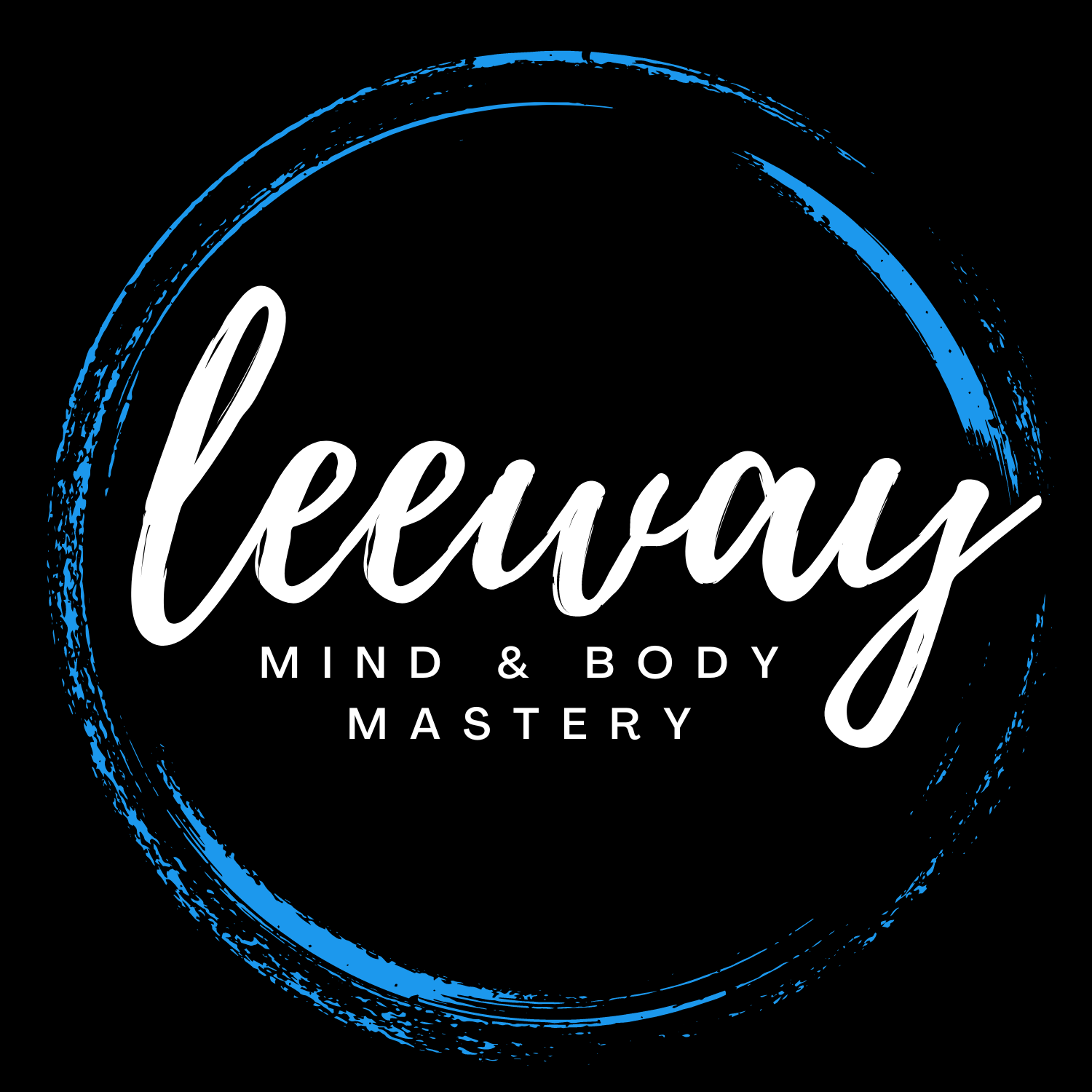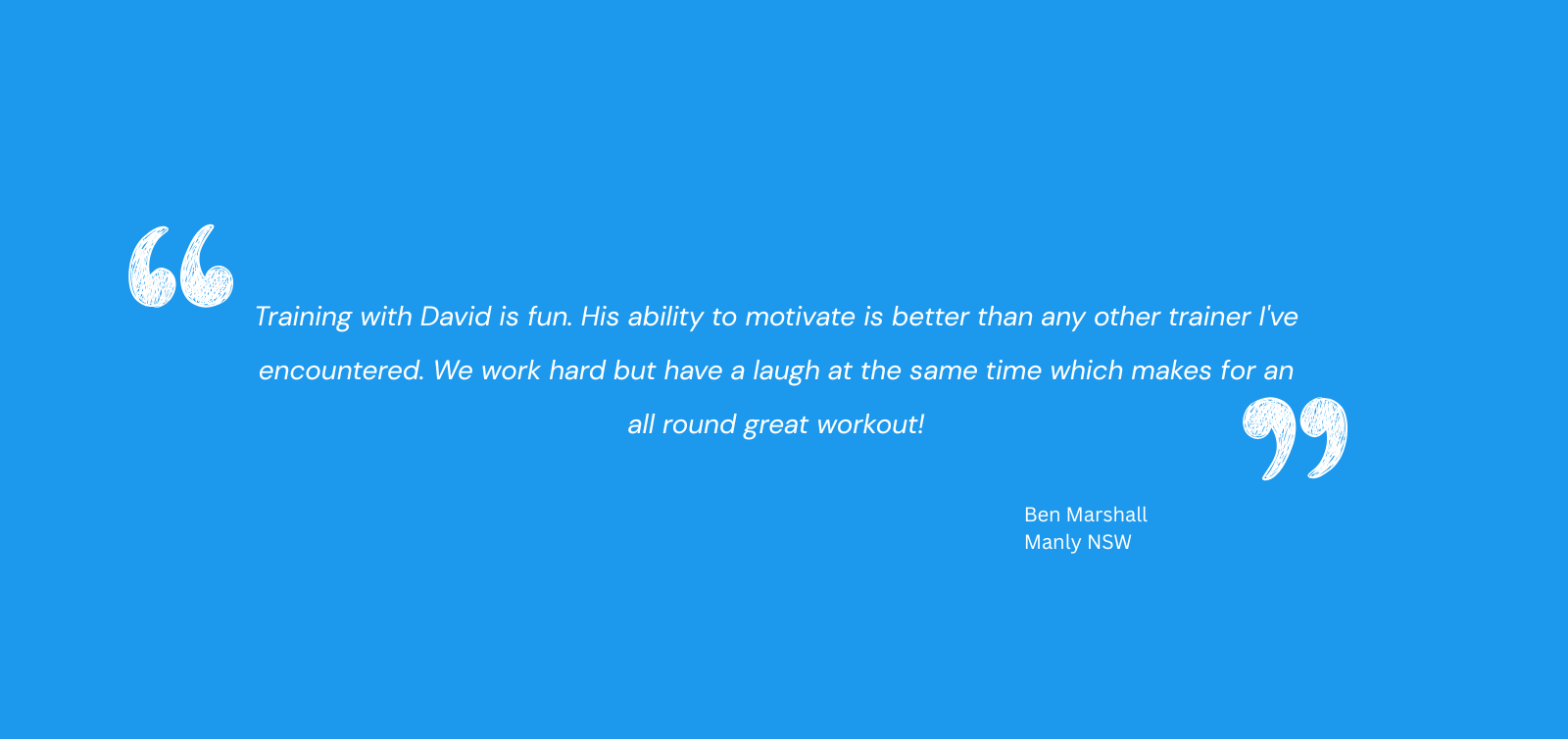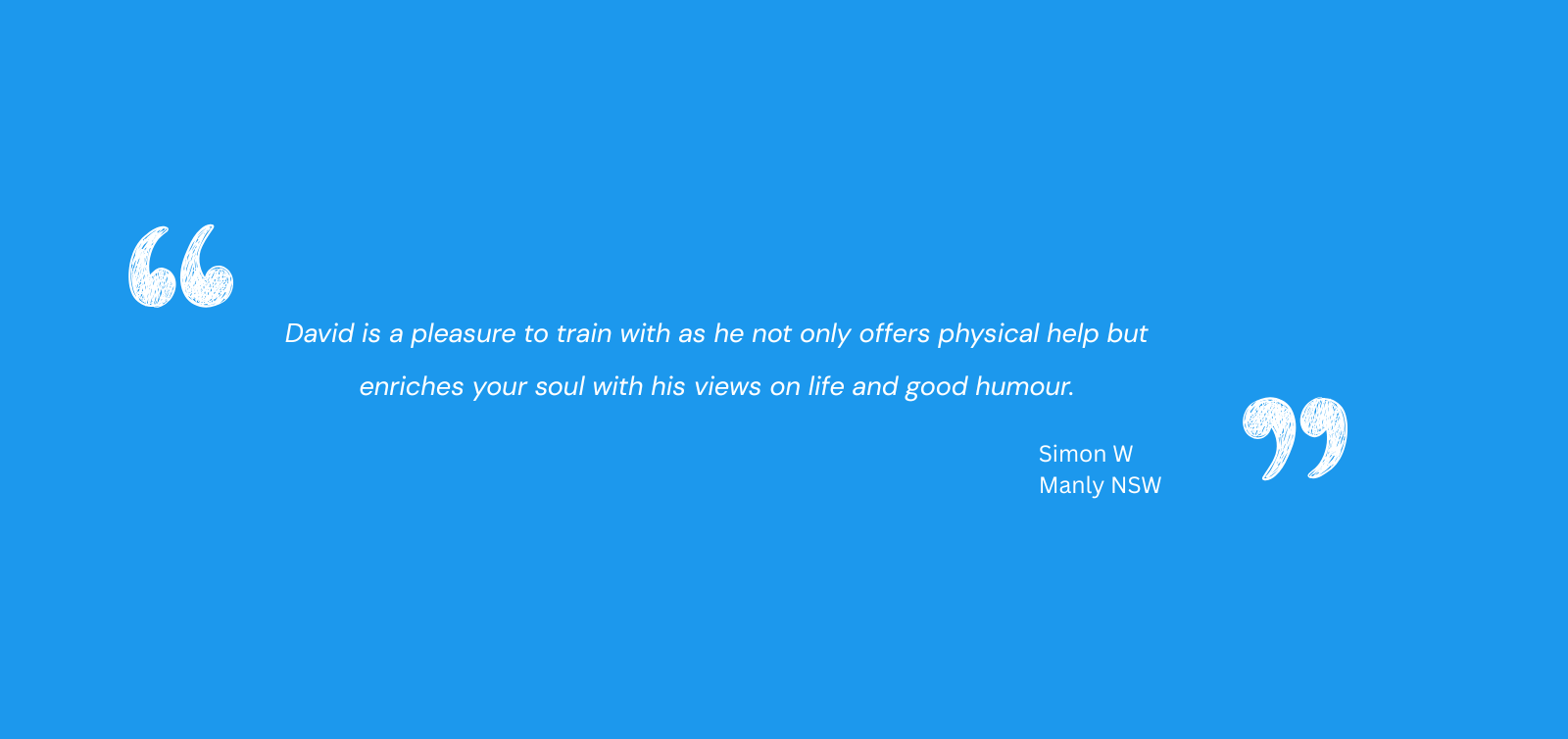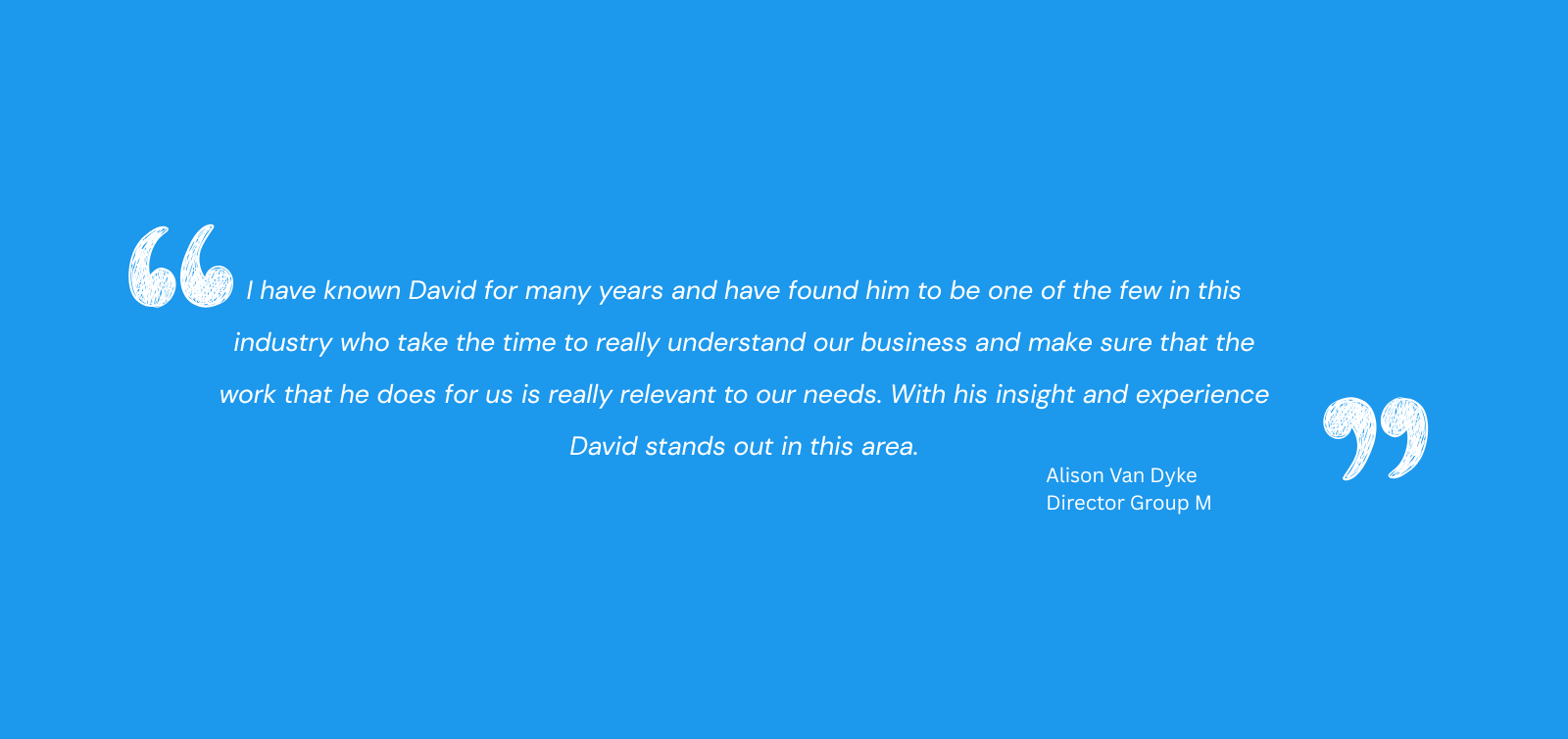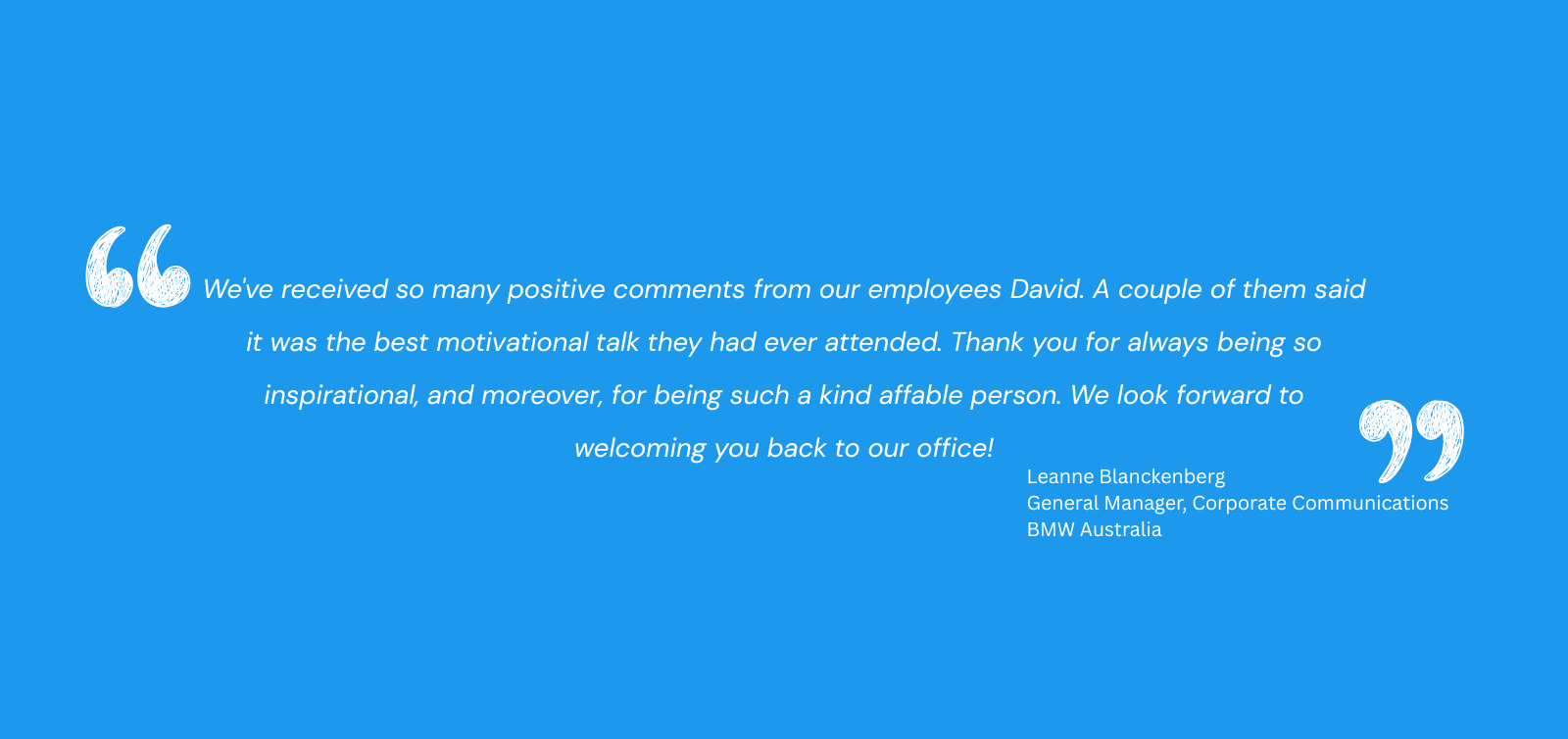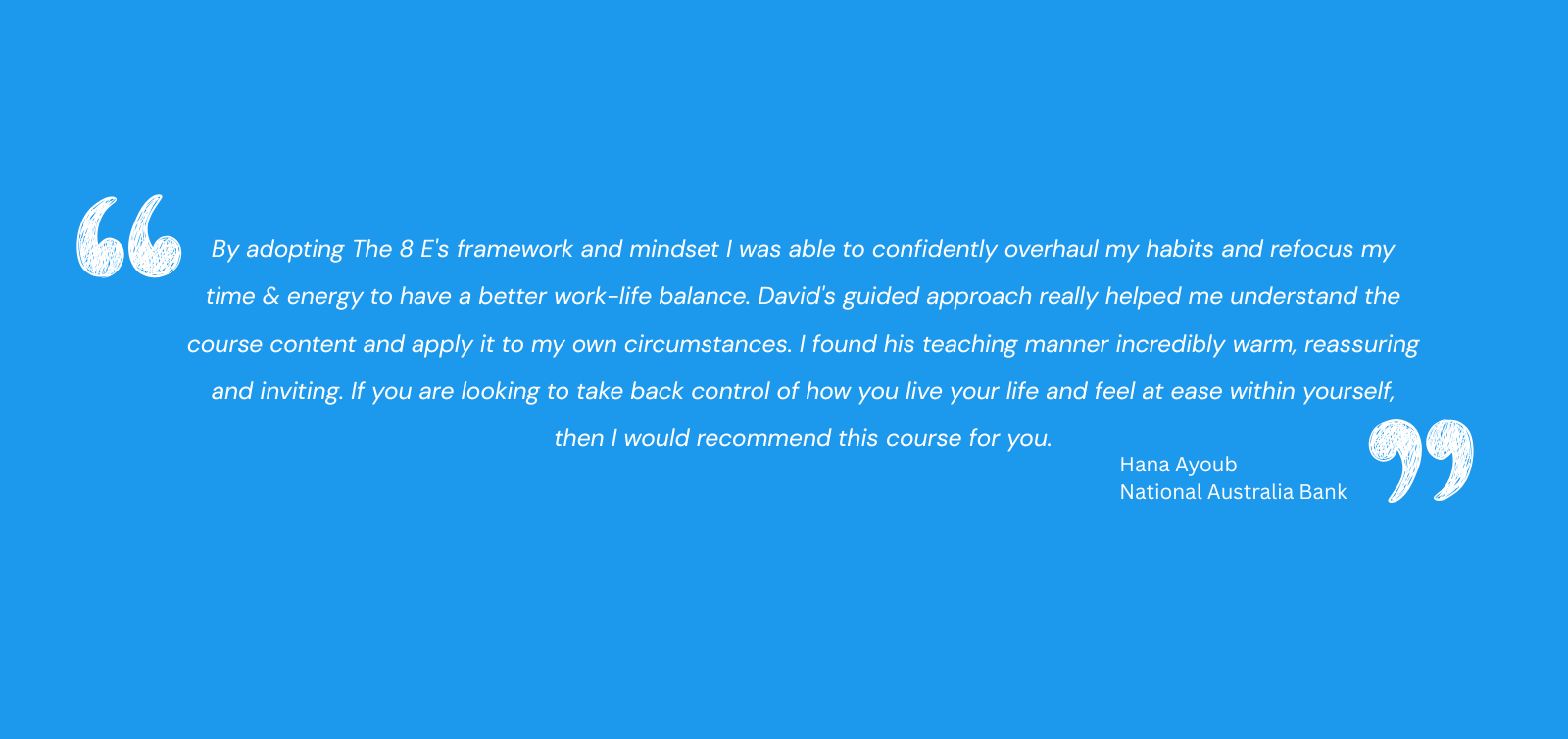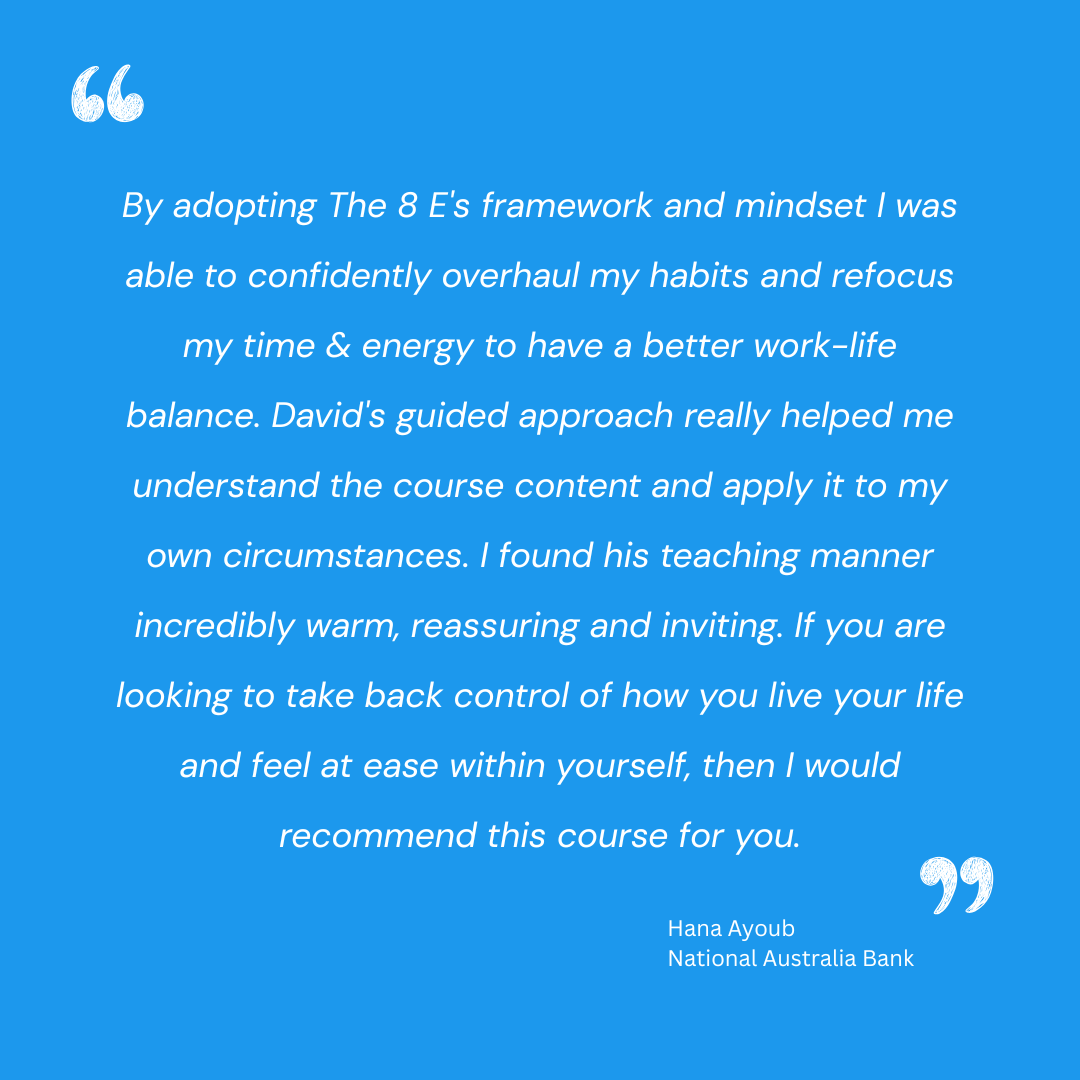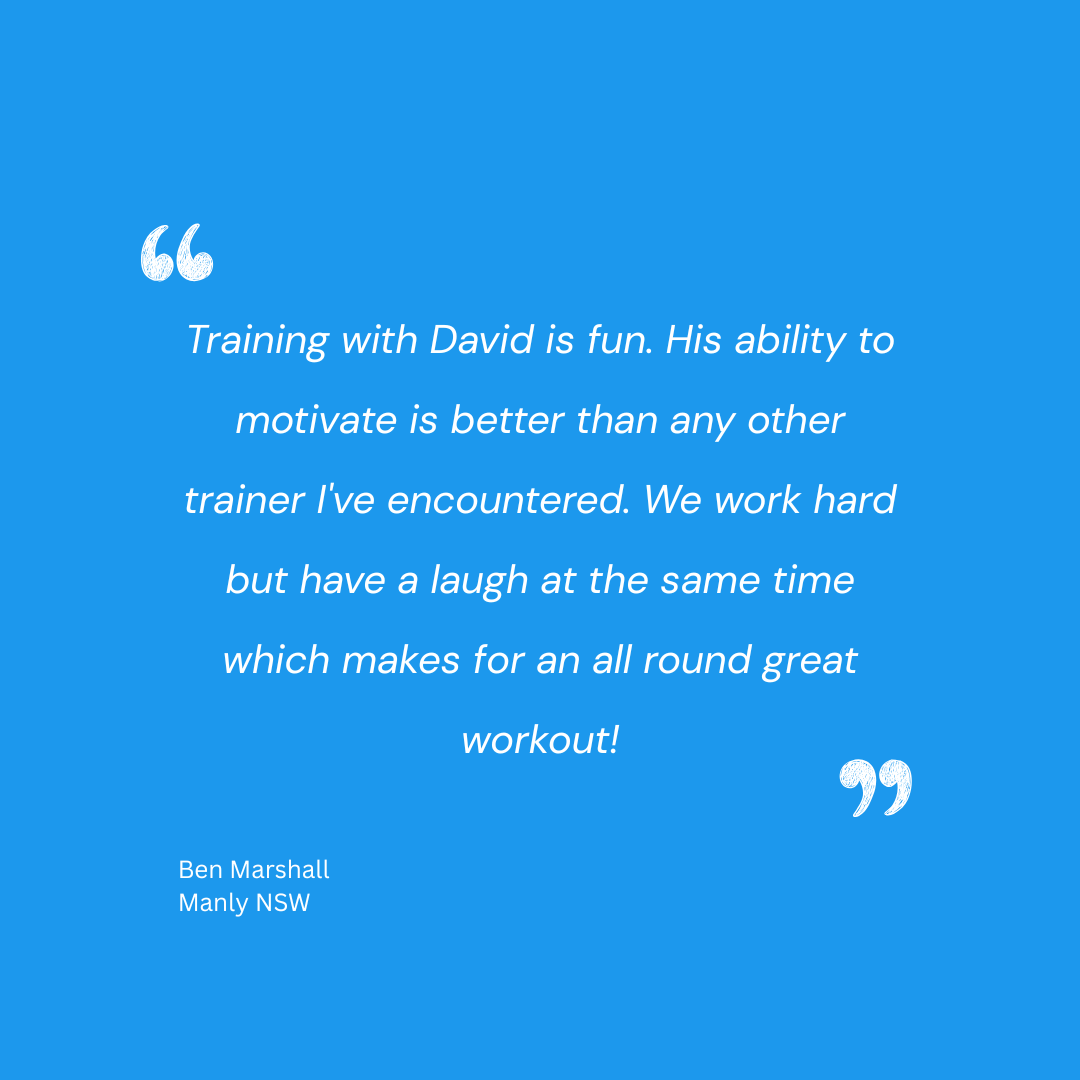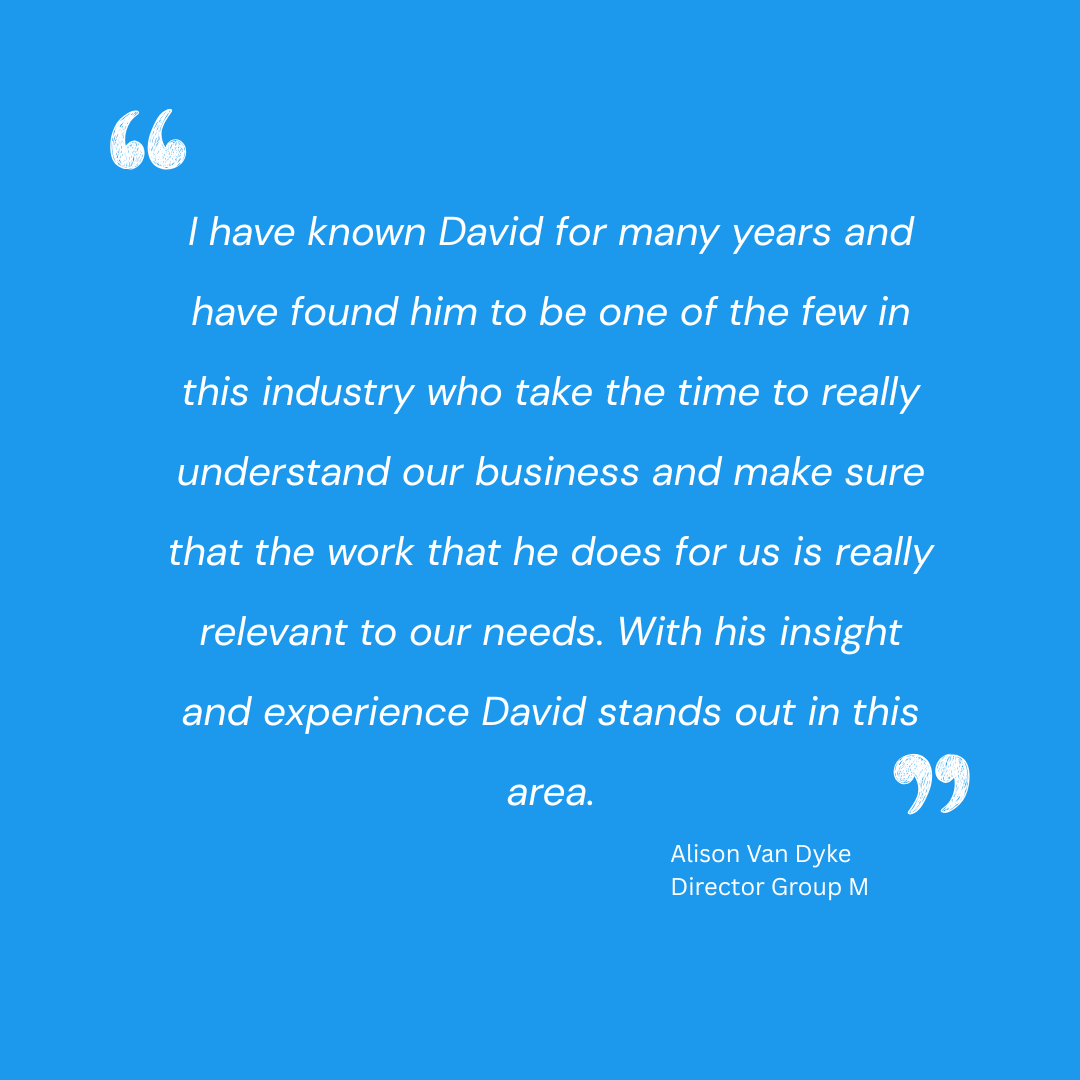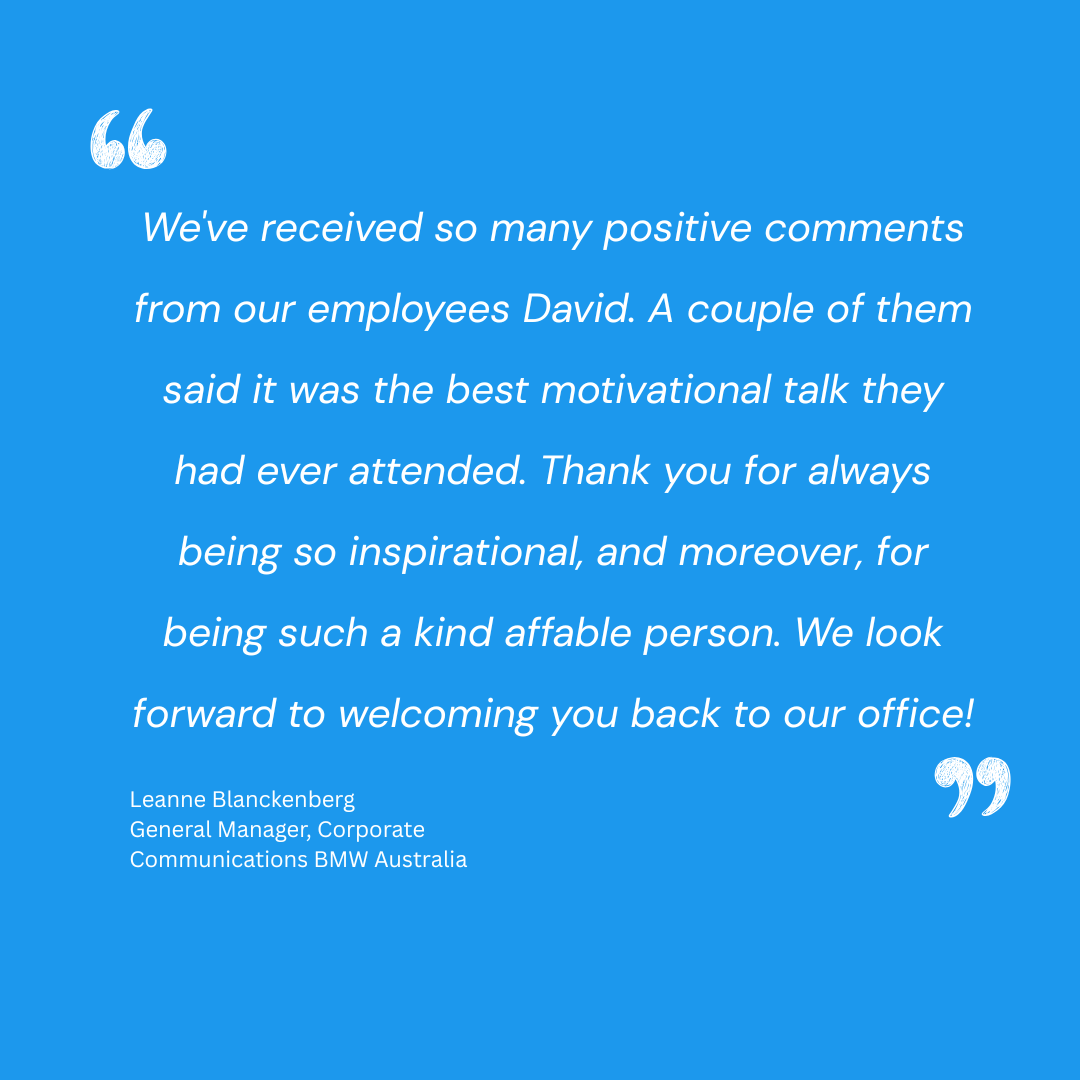The best six doctors I know of and no one can deny it, are sunshine, water, air and rest, exercise and diet
August 23, 2021
How to reinvent yourself every single day to start looking up from Lockdown.
As we head into yet another extended Covid lockdown here in Sydney, I’m finding that more and more of my clients and the people I speak with regularly, are saying that life presently feels like Groundhog Day - Groundhog Day is a 1993 American fantasy comedy film, starring Bill Murray, who plays Phil Connors, a cynical television weatherman covering the annual Groundhog Day event in Punxsutawney, Pennsylvania, who becomes trapped in a time loop, forcing him to relive February 2nd over and over and over again..
With a similar theme, but nastier daily consequences for the main actor; Tom Cruise - is 2014 Sci-Fi Action film “Edge of Tomorrow” starring Tom Cruise and Emily Blunt. Cruise's character dies every day in battle as he is sent to fight in a futuristic alien war where most of Europe is invaded by an alien race, but Cruise’s character is a PR army type rather than a trained for combat soldier. Cruise finds himself experiencing a time loop, as he relives each day, trying to find a way to defeat the alien invaders.
Curiously, the underlying standout for me from both of these films, is that Bill Murray’s character does something different every day to ensure that his day isn’t repetitive and boring and he starts to really enjoy the change he sees within himself. The other characters in the movie, unaware of Bill Murray’s time loop conundrum – are living each Groundhog day for their first time ever, but within the course of their one day are seeing the improvement in him as a character and liking what they see as well.
Tom Cruise’s character remembers where all the bad things happened (his character’s demise usually) and seeks out the training required for betterment of his skills. Seasoned soldier Emily Blunt’s character trains Cruise, every day, and each day he gets further and further through the day until eventually overcoming the aliens and winning the day.
Back to real life and I believe each day of our lives can be filled with lots of little victories to win the day, if, like soldiers, we have a plan of attack. It’s easier said than done, but in both Bill Murray & Tom Cruise’s case they knew what each day would bring as they had experienced the same thing the day before.
If you are feeling like each day is every day or another yesterday and you want to get the edge on tomorrow – sit down and write a plan!
Recently the NSW Premier for the very first time that I am aware of, over the course of this Covid Conundrum, leaned on NSW Chief Psychiatrist Dr Murray Wright for support in addressing the state of NSW on Covid Resilience –
Dr. Wright said, "What people need to do is to have a plan to manage their stress and to monitor it and review it on a regular basis."
Dr Wright recommended people have a plan, that they set goals, monitor, and review their goals and their plan daily, that they get daily exercise, monitor their diet, sleep and alcohol intake, keep in contact with people and have meaningful conversations.
Dr Wright finished with the following.
"The signs of things not working include difficulties with sleep, difficulties with concentration, feeling unduly fatigued, feeling overwhelmed, irritable, or consuming too much alcohol. If any of those things are happening either to you or people around you, you should make it a subject of consideration."
I think Dr. Wright's Covid Resilience Plan is one of the best and I'm adding him to my list of good doctors, 6 of whom I reference often.
The best six doctors I know of, and no one can deny it, are sunshine, water, air and rest, exercise and diet.
1. Sunshine
- Get at least 10 minutes of sunlight a day (even better, watch the sunrise and the sunset)
2. Water - Drink at least 30mls of water for every kilogram of your bodyweight. If that is 100 kilos, then that is 3 litres. Anyone I have known who was 100kgs when I recommended they drink 3 litres of water a day, weighs less than 100kgs today.
3. Air
– Deep breathing and breathwork are a form of meditation, every form of meditation I know of, centres the individual on their breath before anything else – at the very least get outdoors for fresh air.
4. Rest
- Get 8 hours of sleep. Commutingless Covid, saves each of us at least an hour in travel, so you can choose the active hours before 9am to be 4 hours or 1 hour right now, so even a midnight Cowboy can get up at 8am – my personal trick is to set an 8-hour timer, rather than an alarm.
5. Exercise
– Move for 20 minutes at least daily – even if it is a 10-minute walk out from your home and 10 minutes back – 100 burpees in sets of 10 across the day or try to beat your time for 100 burpees every time you do them - or 10 sets of 1 minutes of push ups and 10 sets of 1 minute air squats over the course of a day.
6. Diet
– I love dinner parties but stop throwing intimate dinner parties for 4 people when you are the only one attending. Like curbing your appetite for gossip, don’t say anything about someone you wouldn’t say in front of them; a basic diet would be don’t eat what you wouldn’t eat if someone else were watching.
The simple 5-word weight control mantra is Eat Less and Move more.
Given we are not in a time loop, we only get one life – one day at a time and even that is not necessarily guaranteed -
Confucius said “We have two lives, and the second begins when we realize we only have one”
So, with your one life, are you going to let Covid, forced lockdowns and curfews shape your thoughts and actions and eventual destiny?
You see, I believe we can use this time to either just survive or to absolutely thrive. We sweat in training to avoid bleeding in battle.
Both Bill Murray’s character in Groundhog Day and Tom Cruise's character in Edge of Tomorrow, despite having each day over again, practiced CANEI. Constant And Never-Ending Improvement.
Stress is determined by the degree to which we feel in control or out of control of our lives - start controlling what you can control in how you live your life by writing out a “perfect day in the life of” you
plan.
How would your perfect day look and feel to you?
Write down on paper, how a realistically perfect day would look to you and then break it down into choices and choosing how you plan to respond to everything that comes your way.
Choose your wake-up time, Choose how much you drink of any liquid, Choose to slow down your breathing, Choose to take rest breaks, Choose your daily movement, Choose what you eat, Choose who you socialise with, Choose what you read, Choose what you watch – Choose how you think and choose to think positively and choose to think Big!
Choose Life!
Rita: "This day was perfect. You couldn't have planned a day like this."
Phil: "Well, you can. It just takes an awful lot of work.”
— Phil Connors, Groundhog Day
Choose Well
DL
Don’t keep this to yourself. Spread the word.
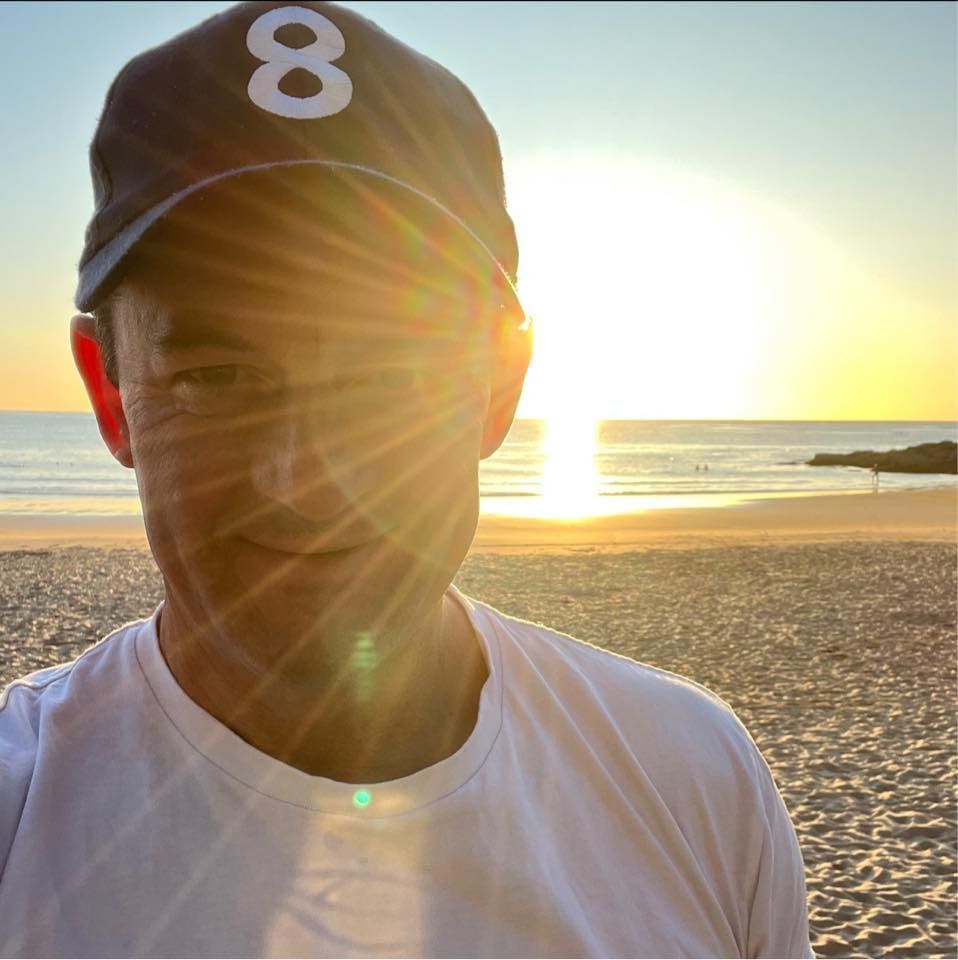
"How you wake up each day and your morning routine (or lack thereof) dramatically affects your levels of success in every single area of your life. Focused, productive, successful mornings generate focused, productive, successful days— which inevitably create a successful life." Hal Elrod (Author of The Miracle Morning )
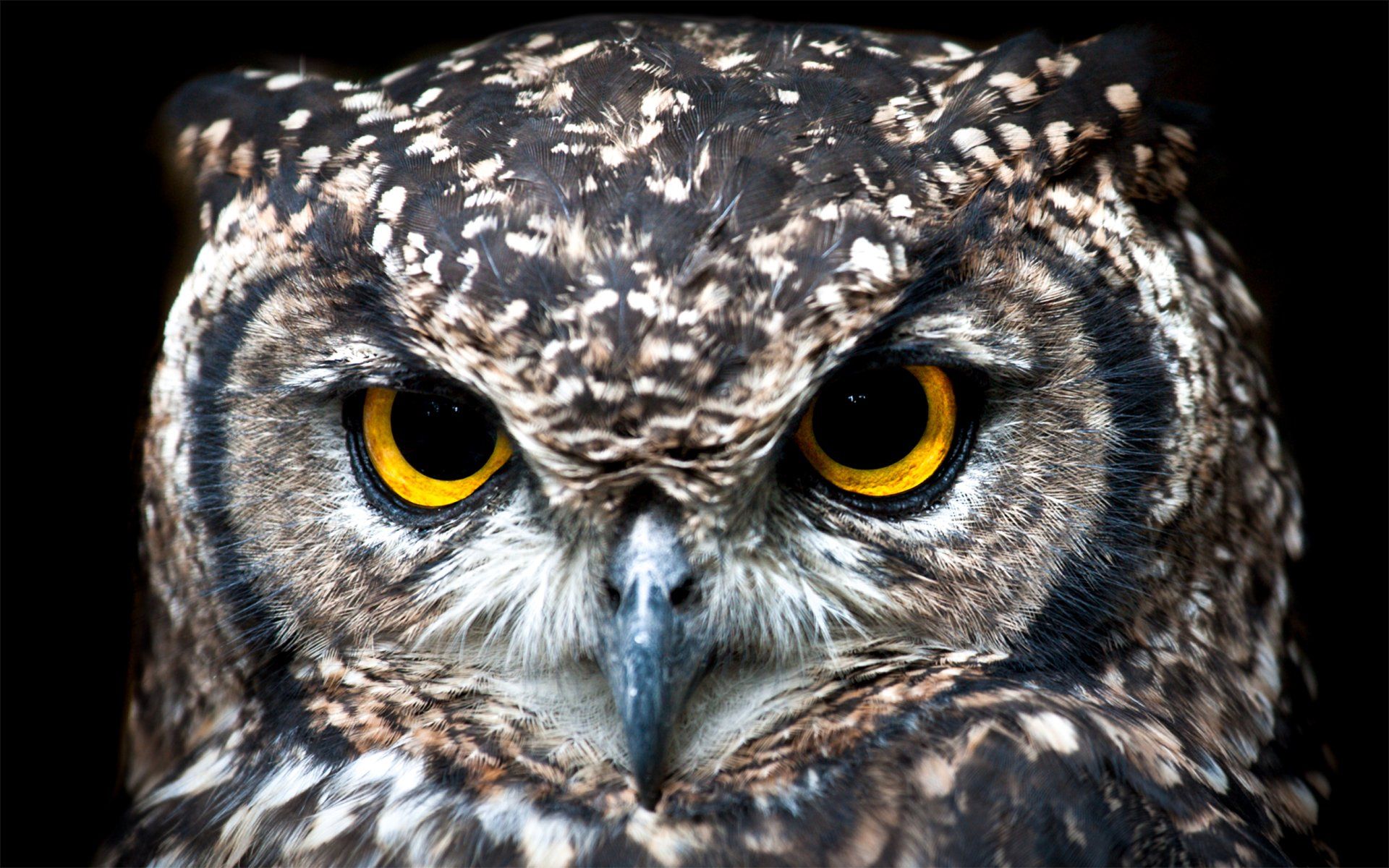
"By three methods we may learn wisdom: First, by reflection, which is noblest; Second, by imitation, which is easiest; and third by experience, which is the bitterest." CONFUCIOUS In their book Ikigai: The Japanese Secret to a Long and Happy Life, Hector García and Francesc Miralles write that there is no word in Japanese that means to retire in the sense of leaving the workforce for good. The Oxford Dictionary defines ikigai as “a motivating force; something or someone that gives a person a sense of purpose or a reason for living”. In researching their book, García and Miralles spent time in the village of Ogimi on the Japanese island of Okinawa. Ogimi is known as the village of longevity. Its 3000 inhabitants enjoy the highest life expectancy in the world. In Japanese culture, retiring and not keeping mind and body busy is considered bad for your health since it disconnects your soul from your ikigai. Being of service to the village by continuing to be involved in community life or continuing to work is felt to be a key ingredient to longevity. In the book, 92-year-old resident Akira says: “Every day I wake up and go to the fields to grow tomatoes. Later I walk to the grocery store next to the beach and sell them. In the afternoon I go to the community center and prepare green tea for all my family and friends.” These Japanese people keep doing what they love and what they are good at even after they have left the office for the last time. The French, of course, have a similar expression—“raison d’être”—which the Oxford Dictionary defines as “the most important reason for somebody’s/something’s existence”. The more time I spend with spritely elderly people, the more I find they are still involved in their community as volunteers or working the job they loved before they “retired”. Like many of the lessons older people have taught me, we shouldn’t wait until we’re retired to adopt their happiness-inducing and youth-preserving behaviours. The definition of what makes people happy varies greatly, however in his book From Strength to Strength: Finding Success, Happiness, and Deep Purpose in the Second Half of Life, Arthur C. Brooks believes that the three major ingredients of happiness are enjoyment, satisfaction, and purpose. The satisfaction and enjoyment I receive from encouraging people to be better than they believe they are, and to press on in times of hardship, provides a real sense of meaning and purpose in my life. The Dalai Lama, when asked what surprised him most about humanity, replied: “Man. Because he sacrifices his health in order to make money. Then he sacrifices money to recuperate his health. And then he is so anxious about the future that he does not enjoy the present; the result being that he does not live in the present or the future; he lives as if he is never going to die, and then dies having never really lived.” I’ve coached many people who spent the first half of their lives chasing wealth and are now spending the second half of their lives chasing back their health. I’ve been coaching many more people lately who aren’t concerned about the health they have lost. They fear being cast aside and replaced by much younger yet inexperienced people, threatening the wealth they created while they adopted a “health is your wealth” mentality. Those deciding my client’s fates are themselves, in most cases, much younger than these seasoned campaigners. The dirtiest secret I keep for one of my good friends is his age. He invited me to his 40th, which was really his 50th and the younger folks were none the wiser. The best kept secret of my healthiest clients is also their age. I used to say the payoff of fitness is vanity. These days I say it is sanity. The peace of mind my fit "old" friends have is that they look younger than their age, because they look after themselves. In searching for ideas to support how I wanted to describe the collective suffering people have struggled with in the past yet are now enjoying equality and opportunities provided for them after many generations of struggle, ChatGPT served up the following. "Diversity refers to the presence of differences within a given setting. These differences can include various dimensions such as race, ethnicity, gender, age, sexual orientation, socioeconomic status, physical abilities, religious beliefs, political beliefs, and other ideologies." Unprompted, I was then offered, “In a broader sense, diversity encompasses the unique characteristics and perspectives that individuals bring to a group, organization, or society, enriching the collective experience and fostering a more inclusive environment.” I was invited to pitch for a consulting role with a global organisation 10 years ago and the friend who had organised the meeting warned me of the CEO’s bias toward younger people. Within 10 minutes of our meeting, the CEO was challenging the energy levels and enthusiasm of more experienced people as he called them, versus that of 20–30-year-olds. At this point, with the benefit of the heads up, I pulled out my phone and showed him a video to illustrate my point in age versus experience I went on to suggest that the challenge for the 3 standout players in this video was to teach the energetically enthused players how to do what they could do, while they were on the job, not in handover notes that will never be read.. I got the gig. I do think that ageism is the last blatant discrimination in the workplace and needs to be addressed by those with much more clout than my keyboard and contacts can achieve. The brave new world aside, Dame Carol Black from the Centre for Ageing Better brilliantly pointed out “Ageism compounds all other “isms”. Ageism and sexism; ageism and racism etc” A final word to the “whys” of those considering losing experience from their workforce is best left to Carole Eastern CEO of Ageing Better; “Ageism is prejudice against our future selves” The challenge for any generation is to assimilate with people of all ages. Most of the best advice I received in the workforce was bestowed upon me by older colleagues in a social setting for the cost of a steak and a wine, and most of the advice I have dispensed to younger colleagues has been dispensed the same way. Curiously, when I joined the workforce, the biggest shortcoming that was ever levelled at me was my lack of experience.. Age well. DL “The young have bad manners, contempt for authority, disrespect for their elders and a love for chatter instead of exercise. Children began to become the tyrants of their households ……. They no longer rise for their elders ….” Socrates
